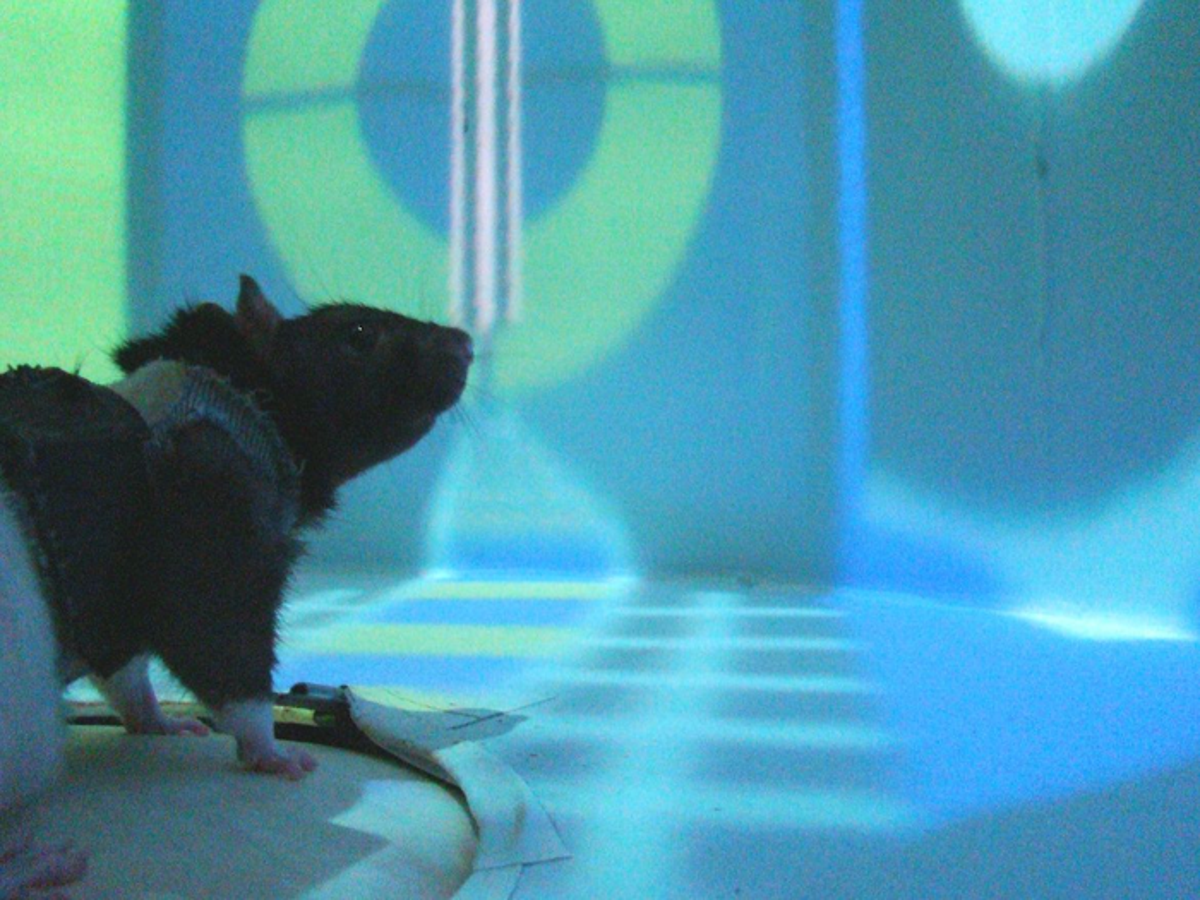
The brain doesn’t just replay past events when we sleep but also anticipates future experiences, according to a new study that could lead to improved treatment for neurological disorders like Alzheimer’s.
Previous studies have examined performances on memory tests after taking naps and after periods of waking or sleep deprivation, that sleep is critical for memory and learning and that it helps crystallise new experiences into stable memories.
The new study, published in the journal Nature, examines whether sleep also helps gain a “new understanding” of a problem experienced right before resting.
Researchers trained rats to run back and forth on a raised track with a reward at either end and observed how neurons in their hippocampus “spiked” in the process.
By examining how these neurons fired on average over many laps back and forth, researchers estimated the place field of the nerve cells, or the area in the physical environment that a given brain cell “cared” about the most.
They estimated, simply put, where the rodents were dreaming of being as they slept.
They found the neural activity of the sleeping rats was to some extent predictive of how they tackled the maze after waking up.
Spatial representations that form in rat brains when they experience a new environment are mostly stable several hours after sleep, researchers noted.
But the neurons also seemed to act in a manner that enabled the rodents to navigate the maze better when they woke up.
This means the rodents weren’t only dreaming about the places in the maze they had visited, they were also working out potential new routes to take.
Such spatial tuning appears to be a dynamic process with sleep playing a key role, researchers said.
“We can see these other changes occurring during sleep and when we put the animals back in the environment a second time, we can validate that these changes really do reflect something that was learned while they were asleep,” study co-author Caleb Kemere said.
“It’s as if the second exposure to the space actually happens while the animal is sleeping.”
The findings suggest that the brain could be getting moulded in many as yet undiscovered ways during sleep.







